
Close


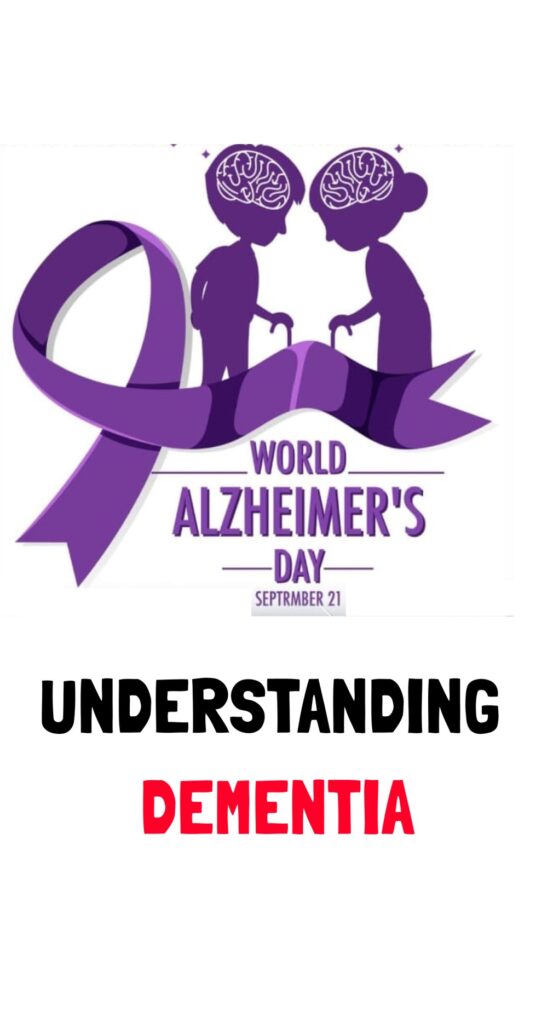
Understanding Alzheimer’s and Dementia – An Informative Guide for General Public
Dementia is not a specific disease but a term that describes a range of symptoms affecting memory, thinking, and social abilities severely enough to interfere with daily functioning. Alzheimer’s disease is the most common cause of dementia, accounting for approximately 60-70% of cases globally.
Dementia affects more than 55 million people worldwide, with nearly 10 million new cases every year. As life expectancy rises, this number is expected to triple by 2050.
Alzheimer’s disease is a progressive neurodegenerative condition primarily affecting older adults. It leads to the gradual loss of brain cells and a steady decline in cognitive function. Alzheimer’s starts with mild memory problems and can evolve into severe impairment in thinking, behavior, and the ability to perform daily tasks.
Key Symptoms of Alzheimer’s Include:
Memory loss that disrupts daily life.
Difficulty in planning or solving problems.
Confusion with time or place.
Difficulty completing familiar tasks.
New problems with words in speaking or writing.
The brain is a complex organ, and Alzheimer’s disrupts its functioning by causing abnormal protein deposits to form plaques and tangles. These destroy the healthy neurons and interfere with communication between brain cells, leading to brain atrophy over time.
Some critical brain areas affected by Alzheimer’s are:
Hippocampus: Responsible for memory formation and recall.
Cerebral Cortex: Involved in reasoning, thinking, and problem-solving.
Temporal Lobe: Associated with language comprehension and emotional responses.
While the exact cause of Alzheimer’s remains unknown, several risk factors are believed to contribute:
Age: The greatest risk factor is increasing age, especially beyond 65.
Family History: Genetics plays a significant role in the development of Alzheimer’s.
Other Factors: Lifestyle factors, like heart health, physical inactivity, smoking, and poor diet, may also contribute.
Prevention and Early Diagnosis
Although there is no cure for Alzheimer’s, early diagnosis and intervention can improve the quality of life. Regular cognitive assessments, maintaining physical health, and engaging in social and mental activities may help delay the progression of symptoms.
Support and Resources
Caregiving for a person with Alzheimer’s is demanding. Various organizations, like Alzheimer’s Disease International and the World Health Organization (WHO), offer educational resources, support services, and practical tips for families and caregivers.
Learn more from trusted resources:
Alzheimer’s Association Brain Tour
WHO Dementia Fact Sheet
National Institute on Aging: Alzheimer’s Disease
Alzheimer’s disease leads to nerve cell death and tissue loss throughout the brain. Over time, the brain shrinks dramatically, affecting nearly all its functions.
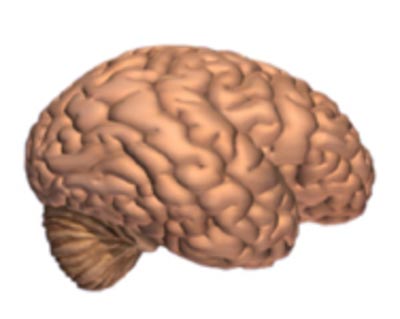
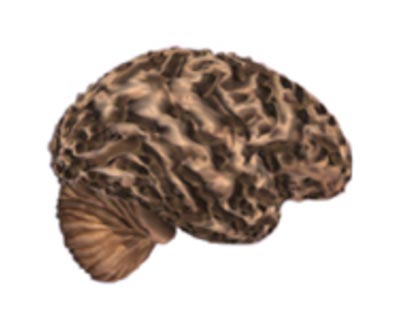
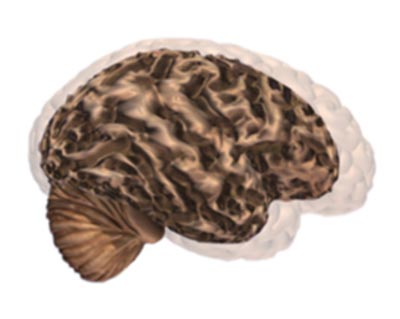

Plaques, abnormal clusters of protein fragments, build up between nerve cells.
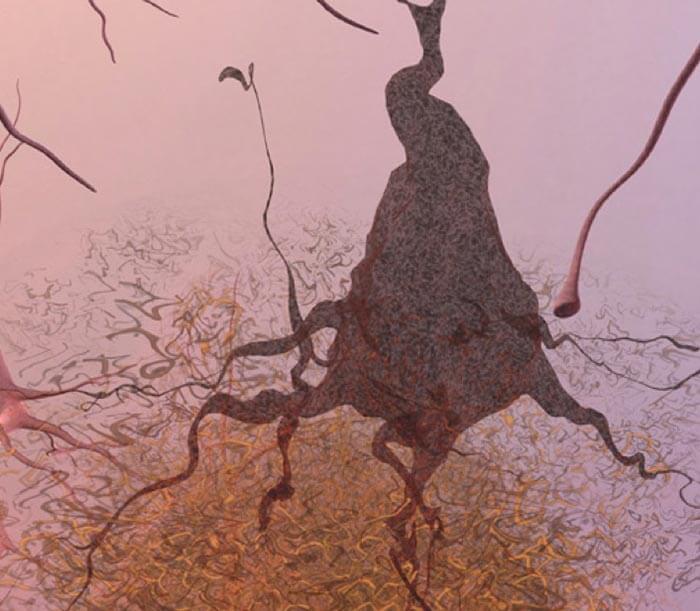
Dead and dying nerve cells contain tangles, which are made up of twisted strands of another protein.

Plaques form when protein pieces called beta-amyloid (BAY-tuh AM-uh-loyd) clump together. Beta-amyloid comes from a larger protein found in the fatty membrane surrounding nerve cells.

Beta-amyloid is chemically “sticky” and gradually builds up into plaques.

The most damaging form of beta-amyloid may be groups of a few pieces rather than the plaques themselves. The small clumps may block cell-to-cell signaling at synapses. They may also activate immune system cells that trigger inflammation and devour disabled cells.

Earliest Alzheimer’s – changes may begin 20 years or more before diagnosis.

Mild to moderate Alzheimer’s stages – generally last from 2 – 10 years.

Severe Alzheimer’s – may last from 1 – 5 years.
Conclusion
Understanding Alzheimer’s and dementia is crucial in the fight against these conditions. Raising awareness, supporting research, and helping individuals and their families manage the disease can make a significant difference. Stay informed and proactive in promoting brain health.
For more information, visit Lotus Neuropsychiatry and Specialty Clinics
Email: lotusneuropsychiatry@gmail.com
Phone: 7842851020